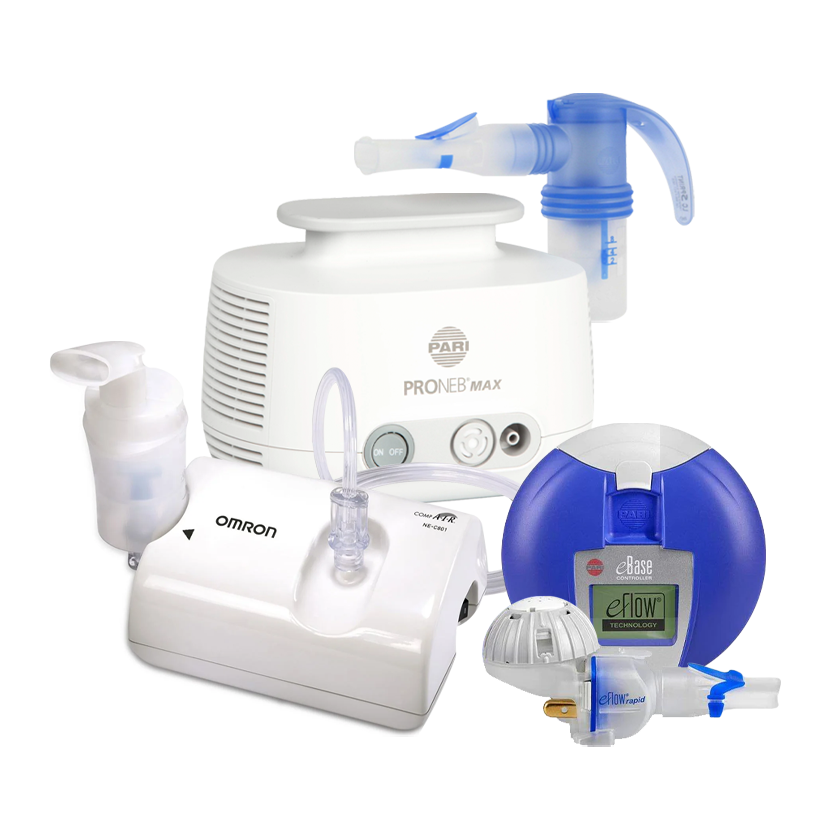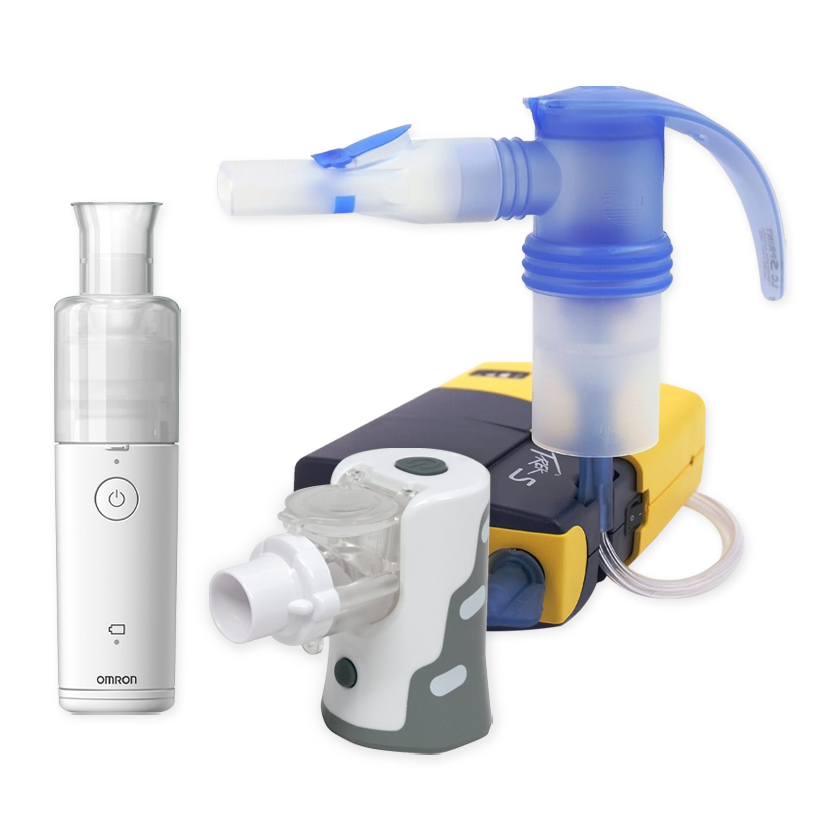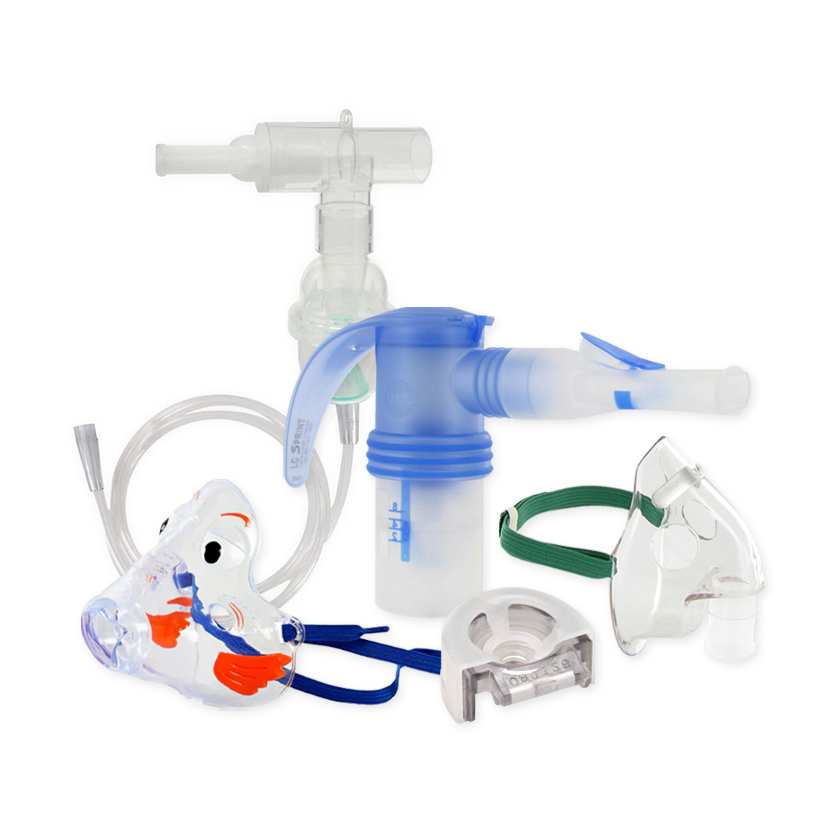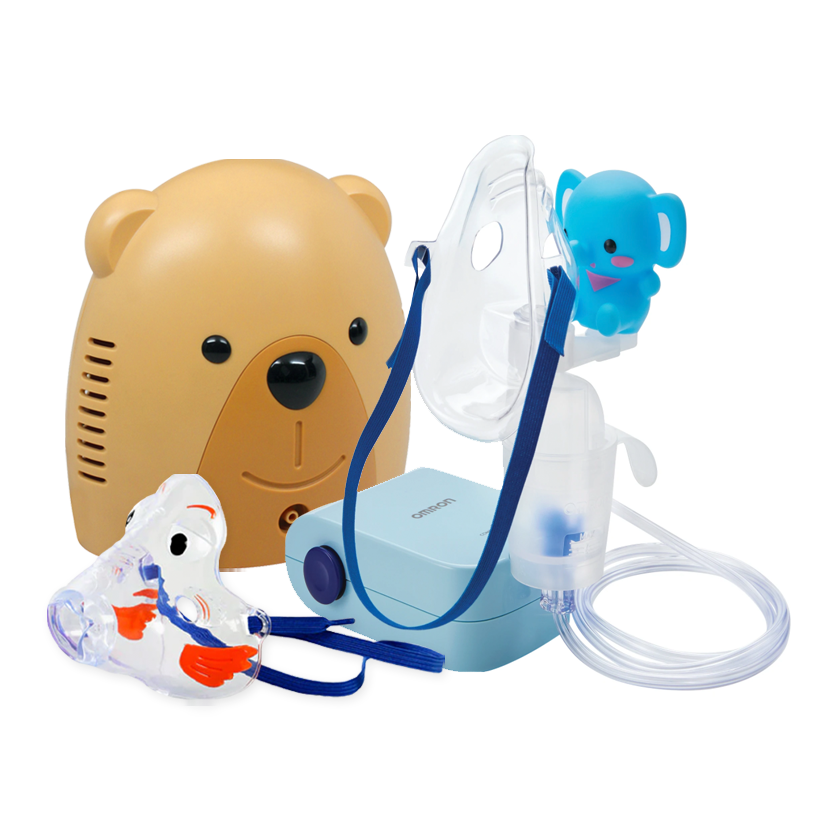Your Cart is Empty
Free Shipping on all orders over $75!
Menu

Free Shipping on all orders over $75!
Nebulizer Systems
Travel Nebulizers
Nebulizer Accessories
Just For Kids
Oxygen Supplies
Scientists Learn How to Stop Asthma Attacks (in Mice)
March 06, 2013 1 min read
Good news for asthmatic mice everywhere—scientists at the Hunter Medical Research Institute in Australia have successfully prevented asthma attacks in mice.
They estimate the same treatment could be available for humans in a decade or less. Though that’s still a long ways off, this is a huge step forward especially when you consider how quickly asthma is growing worldwide.
How did the scientists do it? Instead of going after asthma symptoms, they targeted the two proteins which are triggered during an asthma attack—midline-1 and protein phosphatase 2A.
As many asthmatics may know, the two most common triggers for asthma attacks are cold viruses and dust mites. When one of these triggers hits your lungs, your midline-1 levels go up which causes your protein phosphatase 2A levels to go down. Protein phosphatase 2A is responsible for deactivating the proteins which cause mucus production in your lungs and inflammation. When there isn’t enough protein phosphatase 2A to perform that task you experience an asthma attack.
Knowing all this, the scientists were able to target the two proteins and successfully prevent asthma attacks in the mice they studied. Next they plan to develop a medication which they can test on humans in clinical trials.
The future’s looking bright for asthmatics.
Subscribe
Sign up to get the latest on sales, new releases and more …
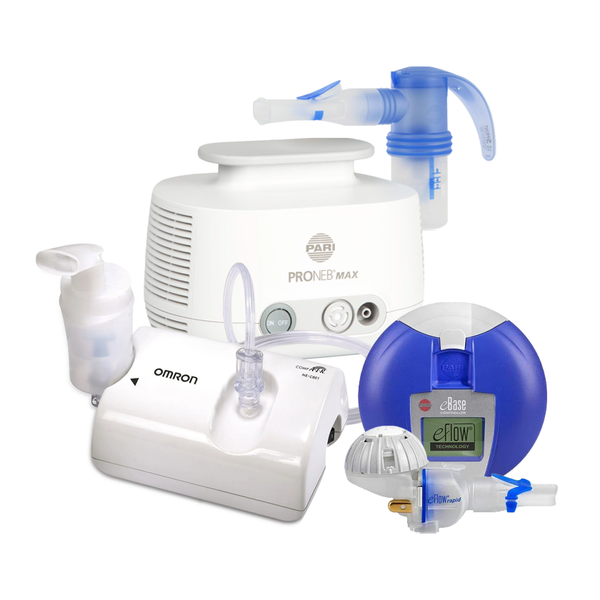
NEW CUSTOMERS SAVE $5 OFF YOUR FIRST PURCHASE OF $20 OR MORE
Code will be sent to email entered if applicable
SIGN UP FOR FUTURE SALES, NEW PRODUCTS AND ANNOUNCEMENTS
{"themeColor":"#061f77","iconColor":"#061f77","showLogo":true,"topBottomPosition":0,"rightLeftPosition":5,"iconSize":"large","iconCustomSize":64,"position":"middle-right"}
